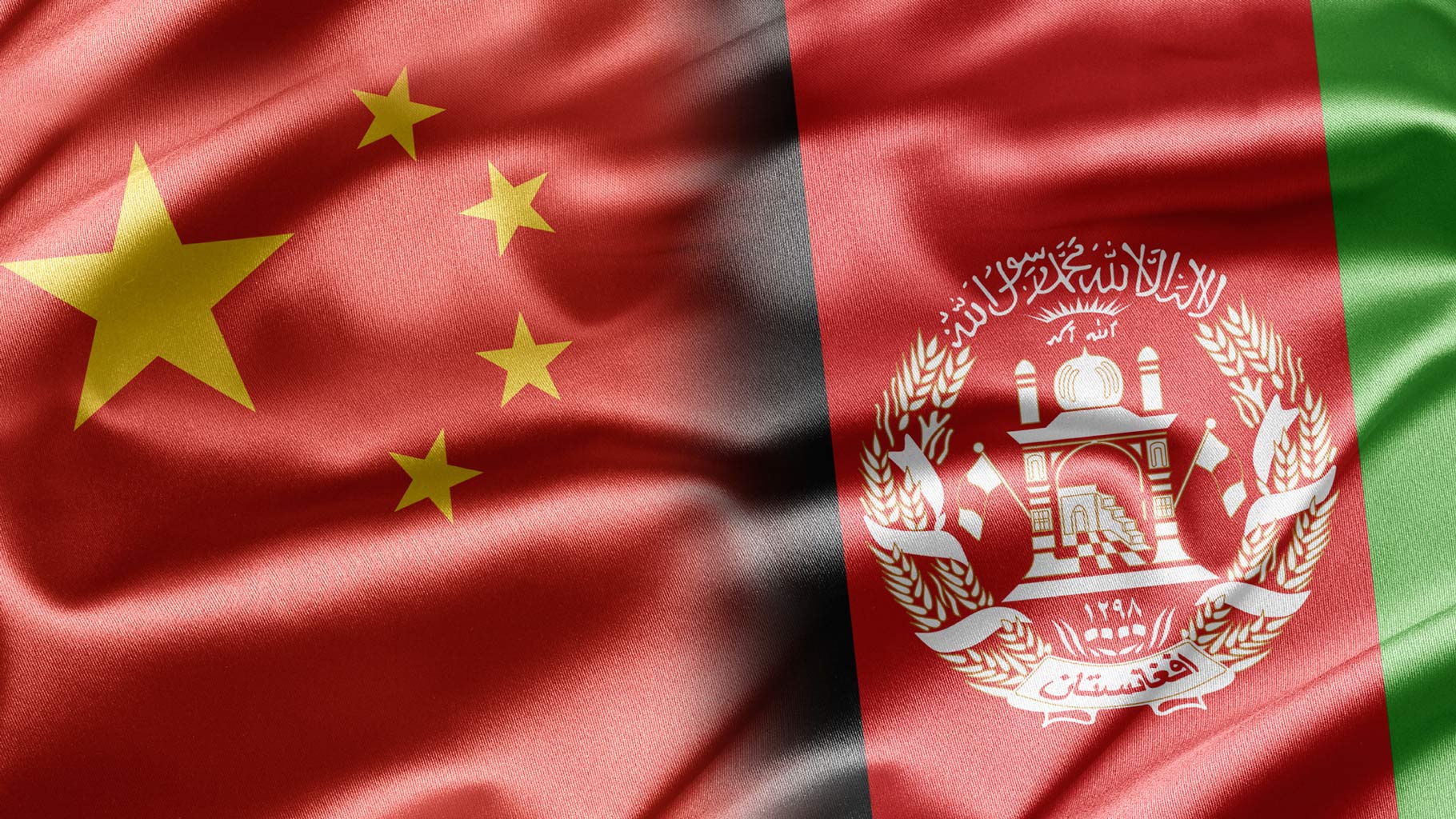With the United States and NATO poised to withdraw military forces from Afghanistan by September 11th, 2021, Afghanistan is reaching a pivotal moment. Regional observers are anxious to see whether the resurgent Taliban will finally take over the country, whether a renewed civil war will take hold, or if a far less likely peace can be won. While China has long had a much more limited role in the Afghan war, its rising stature in Central Asia means that it is more likely to play an important part in determining the future of Afghanistan. Here, China has numerous interests at stake: the fear of cross-border terrorism and support for Uighur resistance, the economic extraction of Afghanistan’s natural resources, the country’s central position amidst the broader Belt and Road network, and protecting the interests and stability of its regional allies like Pakistan. Balancing these interests will be difficult, and China is likely to adopt a pragmatic approach that acknowledges the Taliban’s military ascendancy.
The U.S. aims to withdraw most of its troops from Afghanistan twenty years to the day after the September 11th attacks, a grim end to a “forever war” that cost the U.S. over $1 trillion, 2,300 dead, 20,660 wounded, and killed well over 100,000 Afghans. Judging by its declared objectives, the U.S. has lost the War in Afghanistan. Al-Qaeda is still reportedly embedded with the Afghan Taliban, the Taliban itself appears poised to retake much of the country, and a local ISIS affiliate has been added to the fray. Osama bin Laden escaped the country early in the war, only to be killed in neighboring Pakistan—an ostensible U.S. ally—many years later. Altogether, the war in Afghanistan joins a long list of U.S. imperial adventures, including Vietnam and Iraq, that succeeded mainly in killing thousands of the country’s sons and daughters while enriching a few defense contractors.
Militarily, the situation in Afghanistan points to a major victory for the Taliban upon the U.S. withdrawal. The Afghan National Army has seldom been able to stand on its own two feet, and the Afghan Republic’s government has struggled to establish basic legitimacy and overcome corruption in most areas. Meanwhile, Taliban offensives have grown increasingly sophisticated and bold. In a number of recent attacks, Afghan Army forces have abandoned their posts without a fight—a classic sign of an army suffering from severe morale problems. The Taliban presently controls over half of the country, with government control increasingly restricted to the major cities. The military reality here is familiar: forces that control the vast countryside can support and reinforce one another; forces trapped within isolated cities cannot. As such, analyses of the Afghan government’s chances have grown dimmer in recent months, with one new assessment suggesting that it could collapse a mere six months after the U.S. withdrawal. Other analysts believe that a prolonged civil war could reemerge, particularly if other regional powers like India and Pakistan treat the country as a proxy battlefield and back competing factions within the Taliban, the government, and various local warlords.
For much of the war, China has been happy to watch from the sidelines as the U.S. has been bogged down in Afghanistan. However, the past two decades have seen a massive expansion of Chinese influence and economic interests in Central Asia. Afghanistan is a lynchpin of any power’s attempts to control the region—hence the twenty-year U.S. occupation. The country occupies a central geographic position and has potential for resource extraction, if it were not a major source of regional instability. China’s Xinjiang province shares a border with Afghanistan’s Wakhan Corridor, a remote region perfect for cross-border smuggling. China is thus likely to take a more active role in Afghanistan’s future, at the very least in pursuit of its own “war on terror.”
China’s most basic interest in Afghanistan will be a desire to limit the flow of fighters and material support to the separatist movement in Xinjiang. Afghanistan’s extremely rugged geography and the presence of many competing Islamist groups will make this a challenge. Even in the event of a total victory, it is unlikely that the Taliban will be able to exert real control over the entire country, not to mention the likelihood of struggles between competing Taliban factions like the Yaqoob and Haqqani networks. If China wants to make a pragmatic bargain with the Taliban—say, “we provide economic aid if you help us isolate the separatists”—with whom should it negotiate? The Yaqoob network is seen as more moderate and accommodating, while the Haqqani network is allied with al Qaeda, but the Haqqanis are also closely tied to the intelligence services of Pakistan, China’s close ally. What’s more, can either network realistically promise to deliver what China seeks? The diplomatic complexities here are immense. These details also make it more difficult to read Chinese intentions from the outside. For instance, China pushed Pakistan to release Taliban deputy leader Abdul Ghani Baradar, a “moderate” who has received overtures from India. Does this mean that China will place its bets with the Yaqoob network, or that it is simply hedging an intra-Taliban struggle? It is difficult to say. Perhaps a reader could email the Ministry of Foreign Affairs and the Guoanbu for clarification.
China also has to consider the regional strategic context and its own economic strategy. Afghanistan has been the site of a couple of stalled Chinese resource extraction projects, none of which is likely to make progress in the event of a civil war. The same can be said for any hypothetical infrastructure investment that could connect the region and shore up China’s energy security. Here, China’s abiding interest is in an end to the fighting and a successful peace process, as seen by the repeated insistence that the U.S. slow its withdrawal from Afghanistan. Just as crucially, China must concern itself with the future of Pakistan. While Pakistan has long maintained ties with the Afghan Taliban, a total victory across the border could embolden Islamists in Pakistan itself who have already attacked China’s substantial interests in the country. Balancing here will be very difficult. China has no interest in the destabilization of its closest ally in Central Asia.
China’s numerous concerns in Afghanistan point to a strategy of pragmatic accommodation with the Taliban, with broader goals including the cessation of fighting in the country and its integration into regional economic and diplomatic networks. China has little ability to do this alone—the broader fate of Afghanistan depends on regional powers like India and Pakistan deciding to support peace over a proxy war. Here, China may have to accept the limits of its own power. Having benefited from the U.S. example, China is unlikely to attempt its own military intervention in the graveyard of empires. The months that follow the U.S. withdrawal will offer key clues as to the future of China’s role in Afghanistan. A new chapter in the country’s history is emerging, one which will be written in Central Asia.
The views expressed in the opinion pieces are not endorsed or necessarily shared by Heart of Asia daily.













